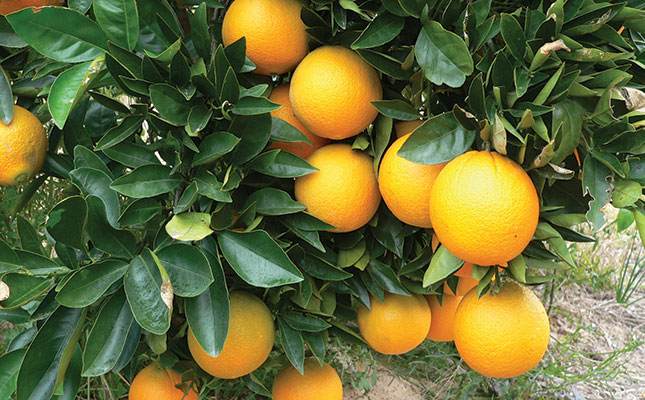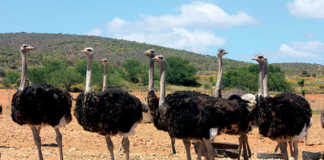
All hands are reportedly on deck to speedily eradicate the oriental fruit fly (OFF) outbreak that was identified recently in the Western Cape’s Grabouw area.
While OFF (Bactrocera dorsalis) had already established itself in Limpopo, Mpumalanga, North West and parts of KwaZulu-Natal, it had never before been found in the Western Cape.
The Department of Agriculture, Forestry and Fisheries (DAFF) said in a statement that since the first OFF specimen was identified in the Grabouw area on 31 January, a 25km2 quarantine and eradication zone had been established around the detection point.
The statement added that OFF was capable of causing significant damage to crops including mango, guava, citrus, papaya, apple, pear, apricot, peach, cherry, grape, passion fruit, pepper, tomato and cucurbits.
“If not effectively controlled, this pest can result in food insecurity, yield reduction, job losses, market restrictions, and high production and post-harvest costs,” said DAFF spokesperson Steve Galane.
He added that growing, packing and processing facilities in the Western Cape’s OFF eradication area would now have to apply for permits to move any fruit and applicable fresh produce out of the area.
These products would have to meet strict phytosanitary standards.
In response to the OFF discovery in the Grabouw area, South African deciduous fruit industry organisation, Hortgro, said that it had been preparing for the past 10 years for the possibility of OFF finding its way to the Western Cape.
Hugh Campbell, general manager of the Hortgro science division, said that experiences in other regions of South Africa and the world where OFF had established itself had shown that the pest could be controlled in commercial orchards but at an increased cost.
“OFF has caused considerable damage to mangoes in the informal sector and house gardens where no control measures are implemented,” he said.
Campbell pointed out that outside of the OFF eradication zone in the Grabouw area, the rest of the Western Cape has not been affected and trade will continue as normal.










